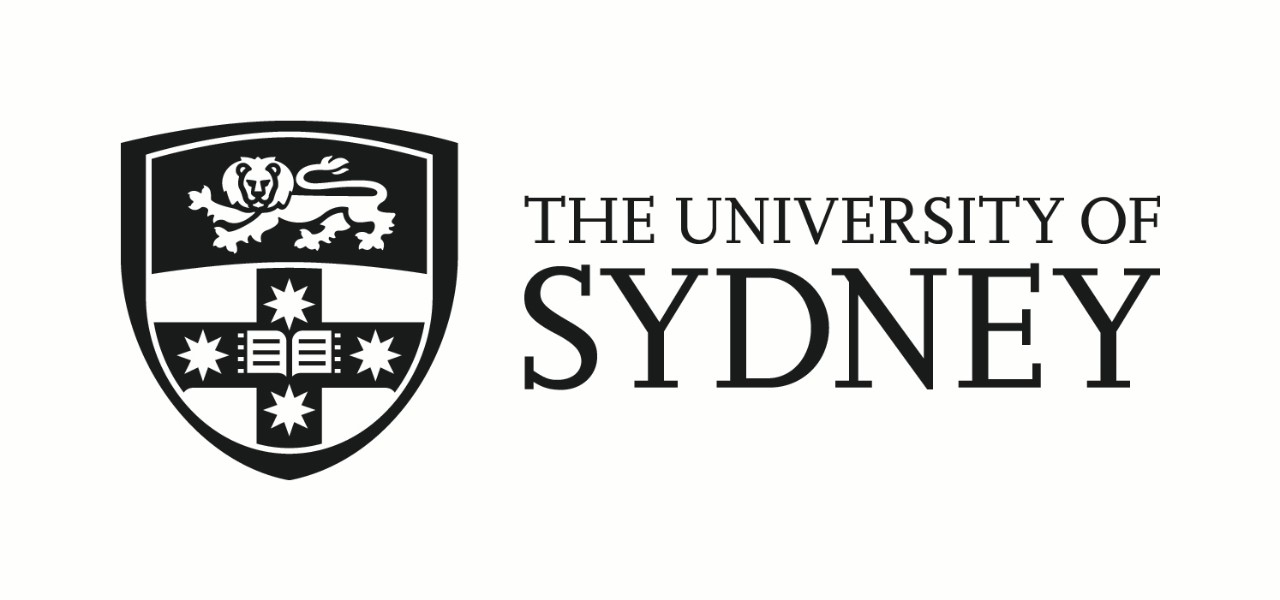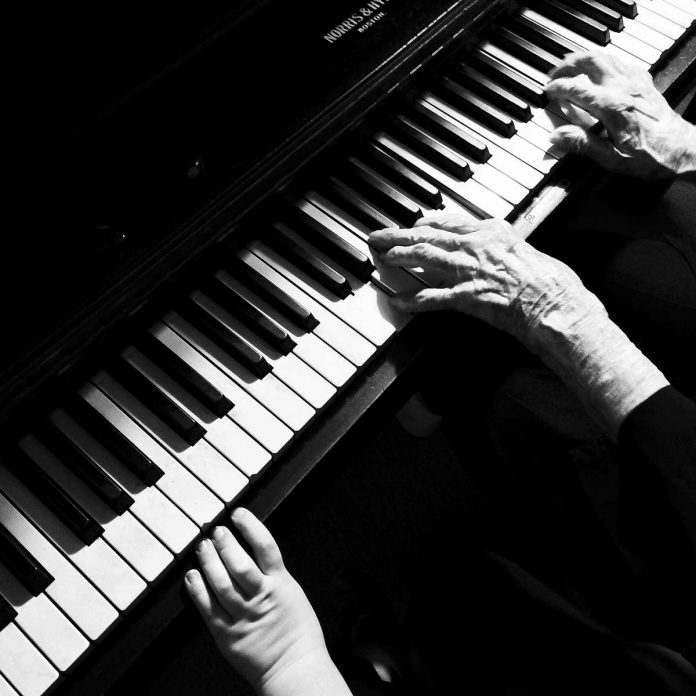
This article is sponsored by the University of Sydney. Authorised by Vice-Chancellor and Principal Prof. Mark Scott. Enquiries: 9351 2000; info.centre@sydney.edu.au
_________________________________________________________________
A new collaboration between the University of Sydney’s Brain and Mind Centre and the Sydney Conservatorium of Music (SCM) was launched on March 25. Together, with support of a generous gift, they are designing a musical intervention to help those at risk of cognitive decline.
The incidence of dementia is predicted to double in 20 years. Researchers are yet to find a cure, but it is critical to develop early interventions that slow or stop the progression of neurodegeneration.
This project, in collaboration with the Memory and Cognition Clinic at the Royal Prince Alfred Hospital, could create the evidence base needed to support wider implementation of musical interventions for people with mild cognitive impairment, the stage before dementia develops.
Lead researcher from the Brain and Mind Centre, Professor Sharon Naismith said: “Prevention is better than a cure. We have no cure for Alzheimer’s disease. We have no cure for all the other types of dementia.
“We need to focus on reducing cognitive decline, depression and underlying brain changes that are associated with dementia as early as we can. Music could be a powerful and enjoyable way to achieve this.”
Engaging with music, such as learning to play an instrument or singing in a choir, is an accessible experience that often appeals to those who find they have more time on their hands following retirement or other lifestyle changes. Performing music involves complex, simultaneous motor and cognitive functions, and recent analysis showed some positive effects on cognition following musical training in healthy older people with mild cognitive impairment.
There is very little research to-date on using music training as a component of cognitive interventions for older people. This project will work with older people living with mild cognitive impairment, to understand the effectiveness of music training to slow or stop the progression of dementia.
While anecdotally we know that music has a profound effect on cognitive function and mental wellbeing, this initiative is required to build a robust evidence base.
Professor Neal Peres Da Costa, Associate Dean, Research at the Sydney Conservatorium of Music explained: “Music is a social act between composer, performer, and listener. We are interested to know how will intensifying the music training experience with educational and post-concert social activities add to quality and enjoyment for older participants in the early stages of cognitive decline?”
This research has been made possible through a generous gift of $1,757,997 by Ms Barbara Spencer in honour of her late husband, Mr Lance Bennett. Ms Spencer reflected that music was central to both their lives and the 49 years they spent together:
“I am delighted that SCM has such a key role in this research. As an alumnus, it was Lance’s wish to endow the University of Sydney and I feel he would give this research the high priority that I do. We can all truly make a difference by supporting research of quality.”
The initiative was launched on March 25 at the Sydney Conservatorium of Music’s Verbrugghen Hall. The Conservatorium’s Symphony Orchestra performed its first major public concert since Covid with renowned conductor Ola Rudner.





